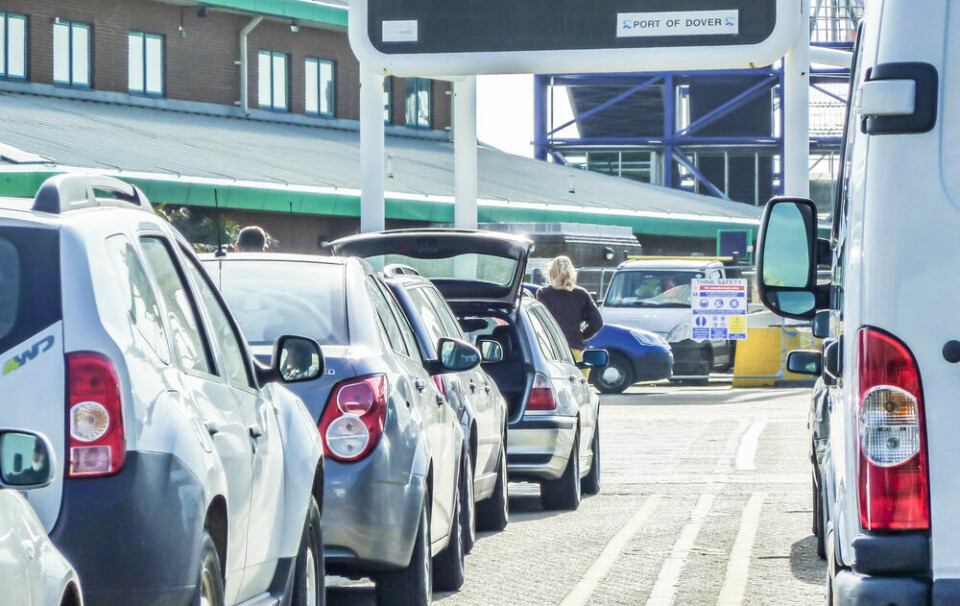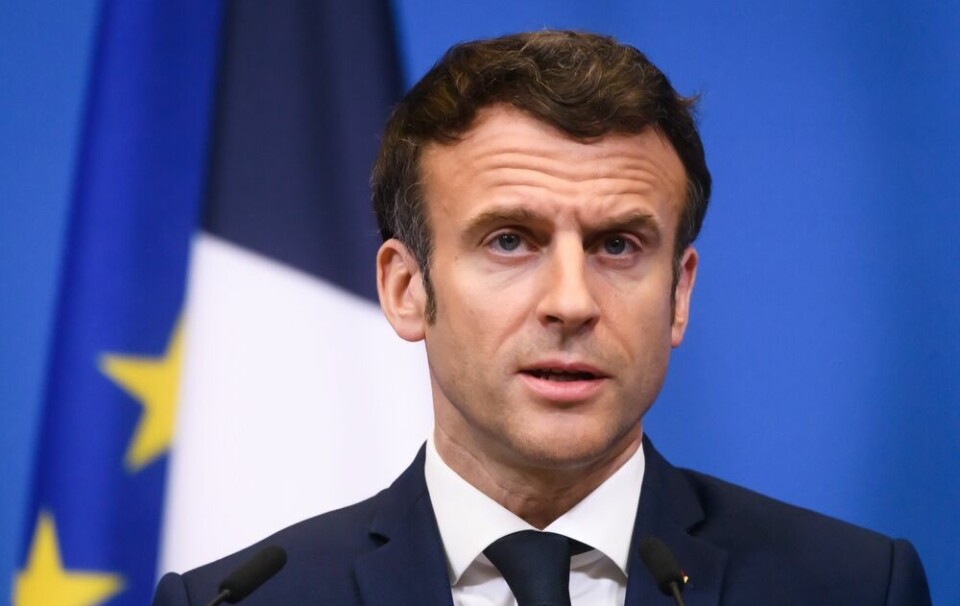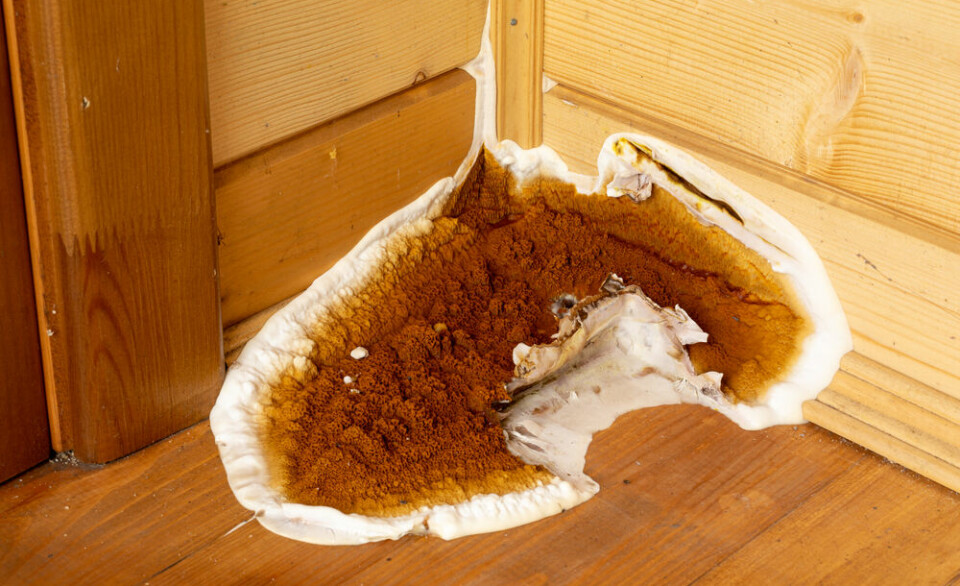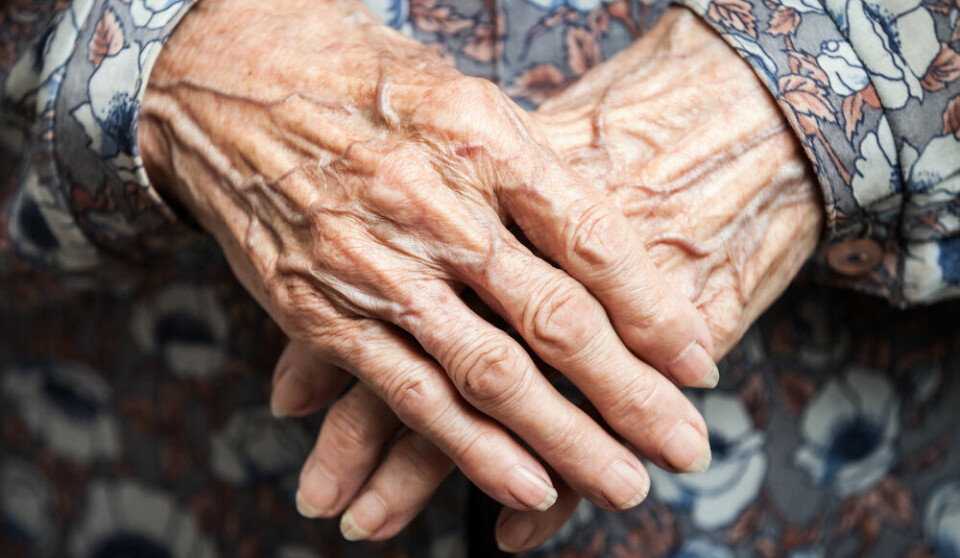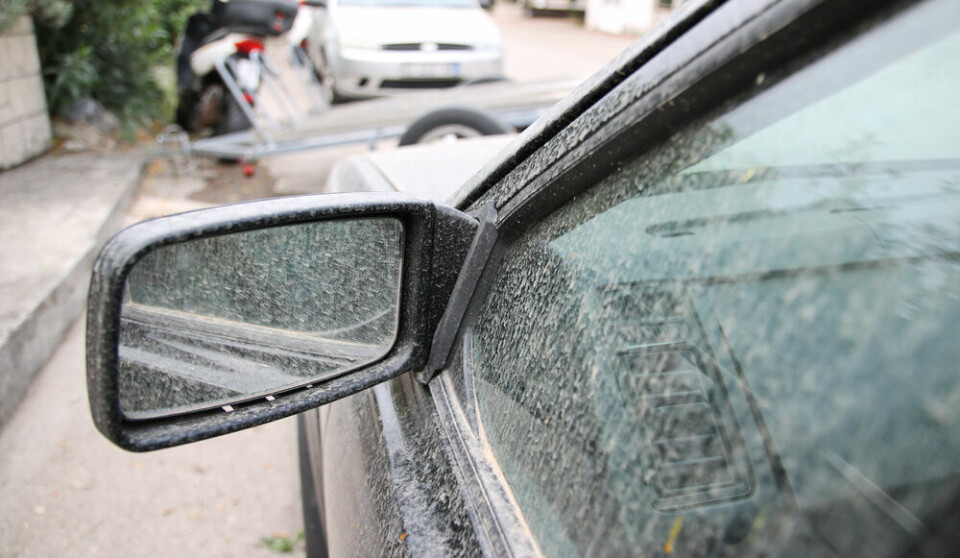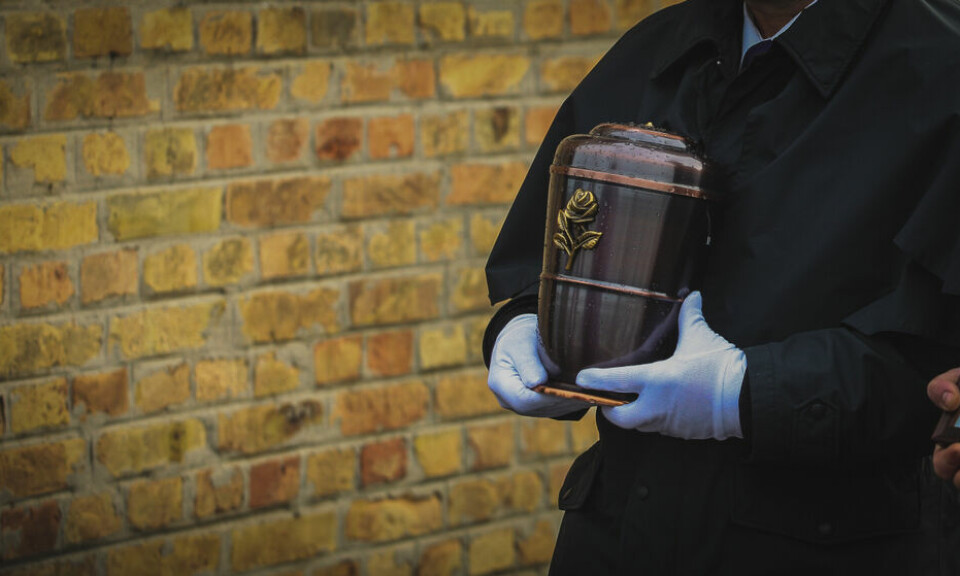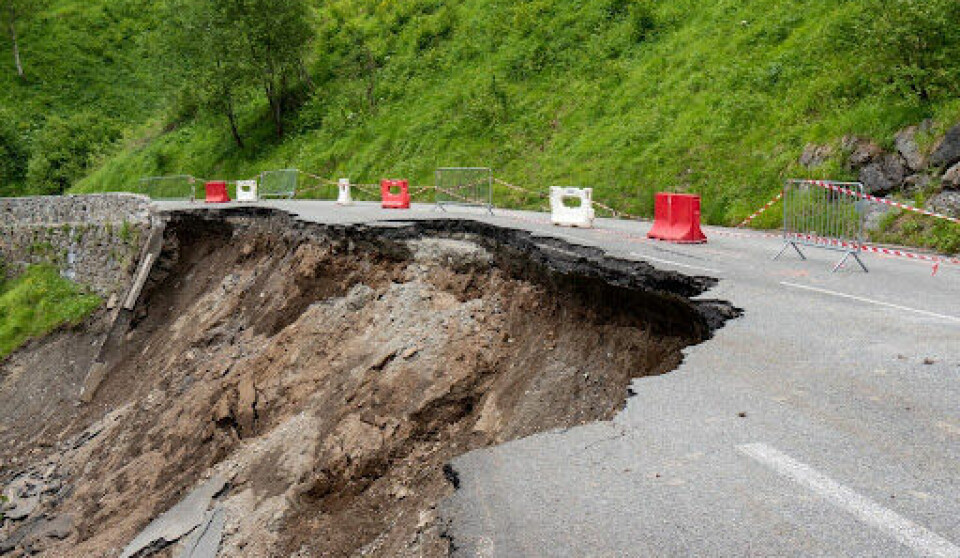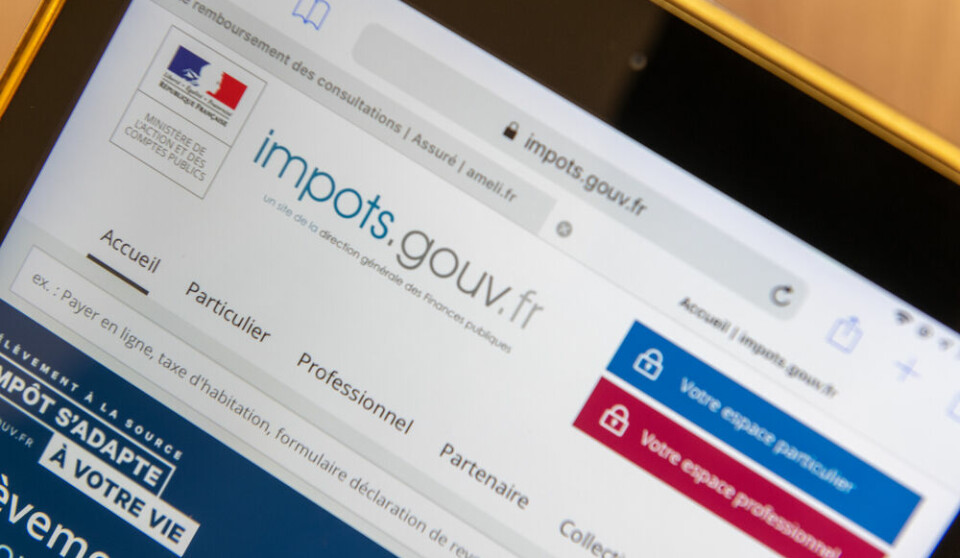-
PHOTOS: Olympic Flame to travel to France on beautiful historic ship
The 127-year-old ship sets sail on Saturday with ‘the most important passenger it has ever carried’
-
Phone scams, gardening, insurance claims: 5 French practical updates
Our roundup of recent practical articles you may have missed
-
Picnic in Paris? Chance to join huge meal on Champs-Elysees
The event could even be record-breaking. You can now apply for your chance to take part
€30 doctor fees, less drugs: how healthcare could change in France
Doctors to be paid more but in return asked to prescribe fewer treatments
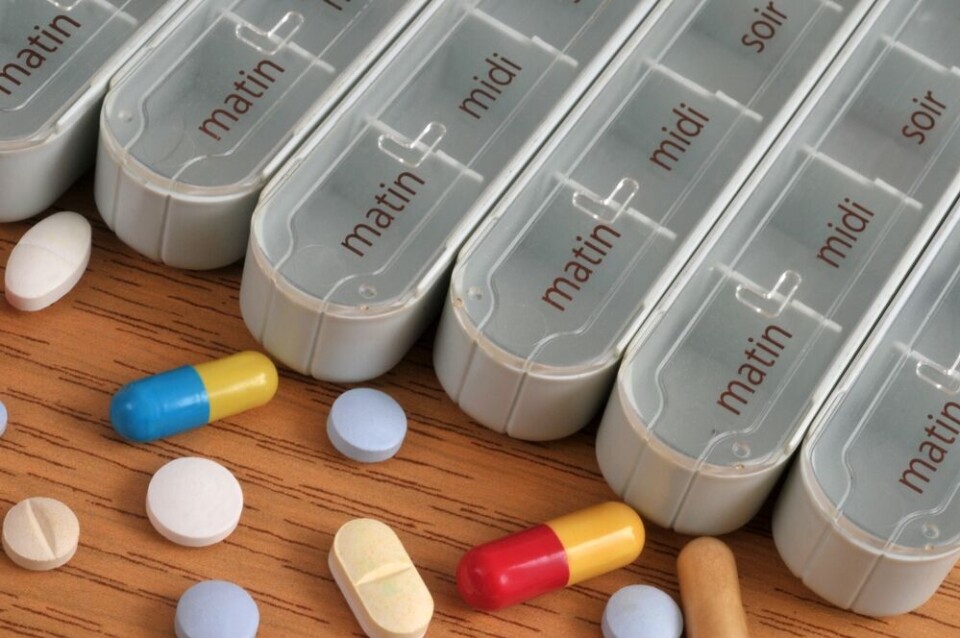
The French healthcare system has proposed several drastic changes, including €30 consultation fees and fewer prescriptions, as part of ongoing negotiations with doctors over pay and workload.
In a bid to fight soaring costs, France’s state healthcare system, the Assurance maladie, will ask doctors to cut down on the number of treatments and tests they prescribe, which, per GP, are worth €700,000 a year.
In return, doctors would see their fees rise to €30 per consultation.
Read more: Medicines in France will cost patients more from spring
Read more: Plans to raise GP doctor fees to €30 a visit in France
Last year, the Assurance maladie raised the consultation fee from €25 to €26.50. However, the €1.50 increase left many doctors dissatisfied.
“In view of the significant offer we are putting on the table, we want to meet savings targets in several areas,” said Director of the Assurance maladie, Thomas Fatôme
The areas targeted under proposals
-
A 10% reduction in antibiotic consumption by 2025 and 25% by 2027. This will save at least €400 million and help combat antibiotic resistance, bringing France more in line with other EU countries (which prescribe far fewer antibiotics)
-
A 20% reduction in the number of ‘multi-medicated’ patients. There are 6.7 million over-65s in this category in France. However, the harmful effects of taking several drugs long-term or having multiple medical procedures (a condition called iatrogenesis) kills more people every year than road accidents.
-
Encouraging development and use of biosimilars - medicines that are cheaper than the original branded version (not the same as generics). This is particularly the case in ophthalmology for the treatment of AMD (age-related macular degeneration), where the most-commonly prescribed drugs could be replaced by biosimilars.
-
An effort to cut waste for everyday medical devices (post-surgery dressings, blood glucose strips, nutritional supplements, etc.).
-
Prioritising shared medical transport.
-
Cutting back on redundant imaging procedures.
-
Drastically reducing unnecessary biological tests "by reducing the number (or price) of these procedures by at least 90%". This will particularly focus on vitamin D, TSH and blood group tests.
-
Bringing the proportion of patients with long-term conditions (ALD) without a regular GP down to to 2% by 2025, and maintaining it at this level
-
Encouraging doctors to set up new practices, hire more assistants and to see more patients, with a target of 5% more practices each year and up 7% more in more isolated areas.
-
Improving emergency care cover from 95% of the country up to 100% by asking doctors to play a greater role via the SAS (service d’accès aux soins, access to care service) or the PDSA (permanence des soins ambulatoires, ambulance care service) services.
-
GPs will also be able to charge €60 for a ‘long consultation’ per patient once a year, for example, to enable them to take more time with the elderly or disabled or to have a longer update on a patient’s condition.
-
The fees charged by certain specialists will also be increased. For example, consultations with psychiatrists will rise to €57, with an additional €15 for children, teenagers, and young people up to the age of 25.
-
Increases in consultation fees are also planned for doctors specialising in older people (€40), medical gynaecologists (€40), and dermatologists (with the cost of a melanoma screening consultation raised to €60).
-
The ‘maitre de stage’ fee for practitioners who host medical students will also be increased, from €350 to €500 per doctor, and €800 if the doctor is practising in a densely populated area.
Read also: Half of health specialists charge above set state rates in France
More negotiations and timetable
The current proposal is by no means the end of negotiations. Another meeting between doctors’ unions and the Assurance maladie is scheduled for late March/early April, and a counter offer is highly likely.
No timetable has been suggested for the implementation of the €30 consultation fee, or the other elements of the Assurance maladie’s proposal. Indeed, such a drastic change will have a long and rocky path before it reaches a GP’s cabinet.
Read more
How does your local French hospital fare in official quality rankings?
Explainer: the CSS, France’s free or low cost top-up health insurance
How do hospital fees work in France?




